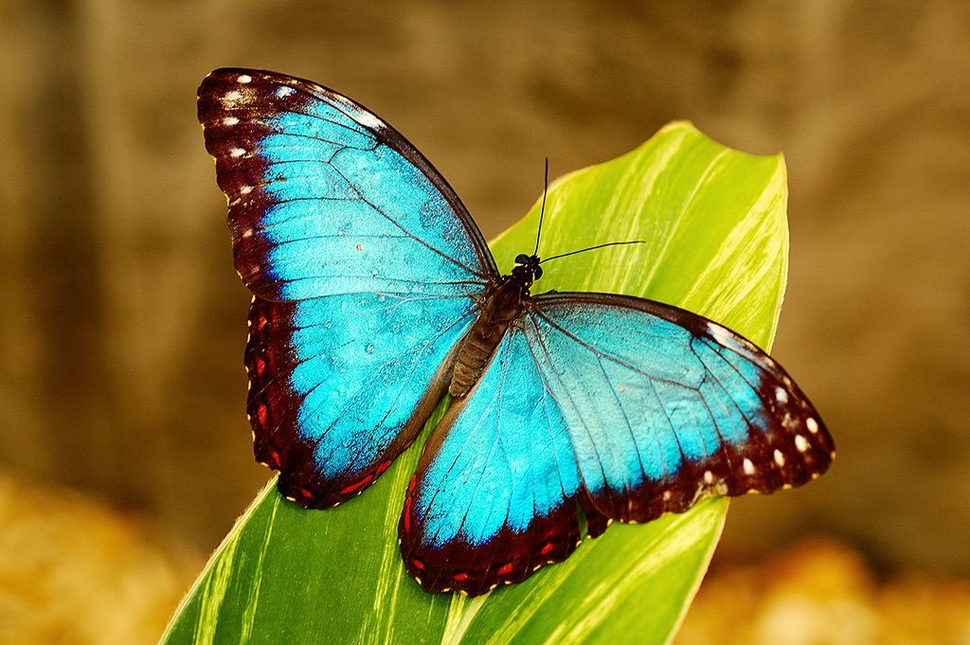Link:
Why We Need to Think Differently About Sustainability: Leyla Acaroglu at TEDxMelbournehttps://www.youtube.com/watch?v=5lOSIHWOp2I
Leyla Acaroglu is a designer, social scientist, an expert in life cycle systems and overall a big supporter of sustainability. Watching her speech on Tedx Melbourne with title: “Why We Need to Think Differently About Sustainability” I was amazed by her ability in presenting different ways of thinking over sustainability through real examples, by pointing out, in each different case, the intentions, the actions and the consequences of the actions in the real world.
As stated in the video, we all need to realize the world as a complex system, where everything is interconnected. This is the main idea of the GAIA hypothesis, that introduces the world as a system were all the organisms and inorganic surroundings interact and form a complex system. This proposal is also what Leyla calls people to do, to understand that every action taken, possibly creates much broader impact than what the actors expect.
The most representative example in the video is this of the biofuels, created by biological bio sources like food crops, weeds and corn. The incentives given to people in order to provide their bio sources for this purpose were so attractive that farmers were following this direction and therefore significant shortages occured in the food market. To explain this better, as people realized that it is more beneficial for them to send their corn to Europe for fuel, rather than to Africa for food, countries in Africa suffered by the lack of food. So in this case, the bad management of the initial idea brought this negative impact to Africa.
What the examples teach us is that the significance of the incentives is huge, as people tend to shift their interest and actions towards them. The responsibility towards this topic lies upon all the different parties of people that are involved in the system, from the creators to the users.
So, on one hand, when a sustainable idea is being created, a variety of parameters that are interconnected should be taken into consideration by the designers of the system, to avoid collateral damage. On the other hand, the users of the systems can make the process run efficiently if they adopt a critical attitude and think how their actions within the new system will affect real life. So, it would help a lot if the attitude of the user is not driven by the desire to make profit, but by the willingness to become a part of a system that can create positive impact on the world.
It would be very effective if people would make choices that have a positive consequence on the planet. To make this possible, according to Leyla, on a first level, we need to realize that our self-preservation is defendant on the sustainability of the world. This could be quite a strong incentive to motivate us to increase our understanding over complex systems and redefine the way we think about sustainability and economy.
As mentioned in the video, only 2.7% of all applications for technology patents are environmental innovations (World economic forum report 2012 “More with less”). This is far too low for a world where the environmental problem is the most objective existing one.
To close up, as Einstein said, “You cannot solve a problem with the same kind of thinking you created it”. Short-term thinking and simple solutions on complex problems are not applicable for creation of a better future. We need to change deeply and consciously, by changing the way we think! This intelligent, realistic but at the same time full of sensitivity way of thinking is the spirit I agree with!
